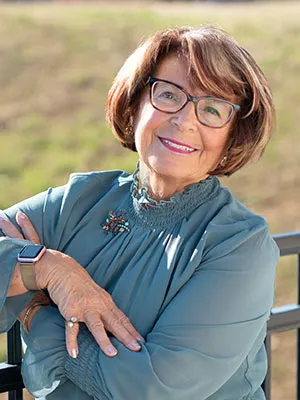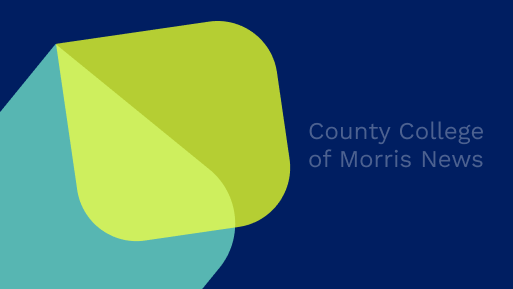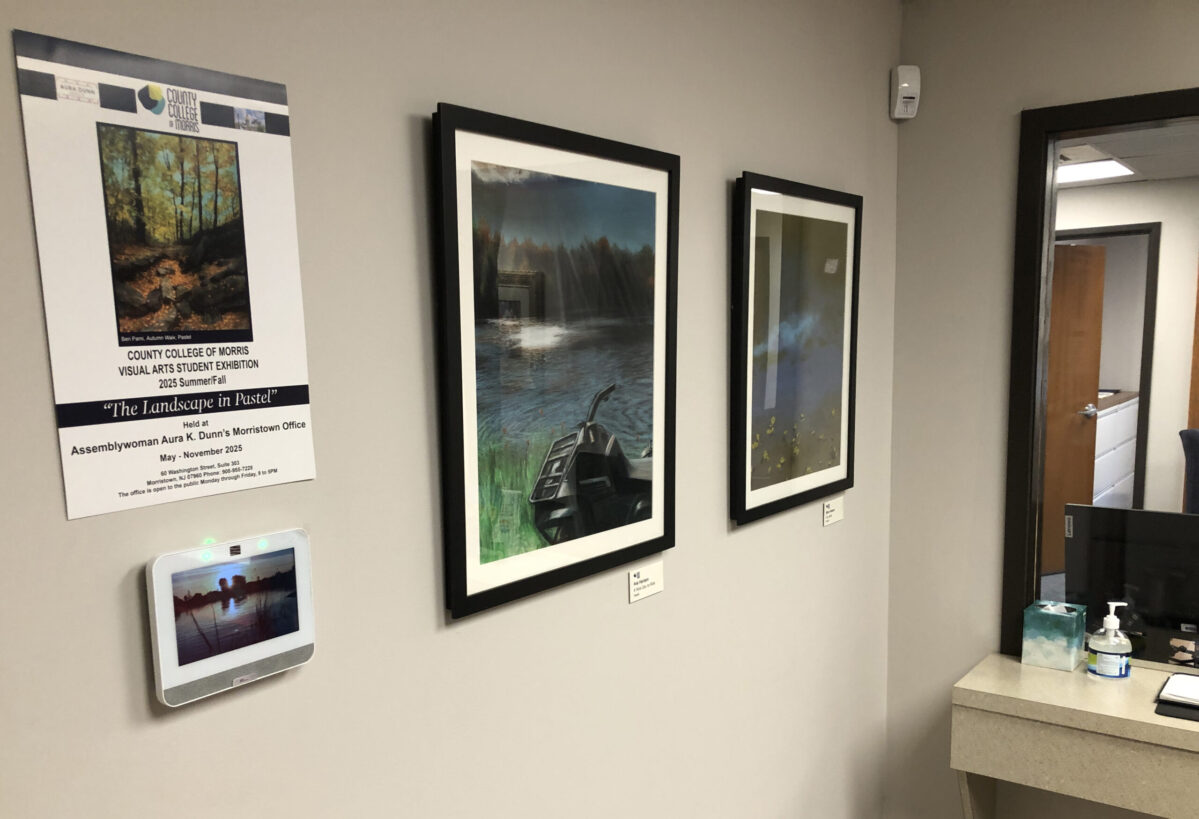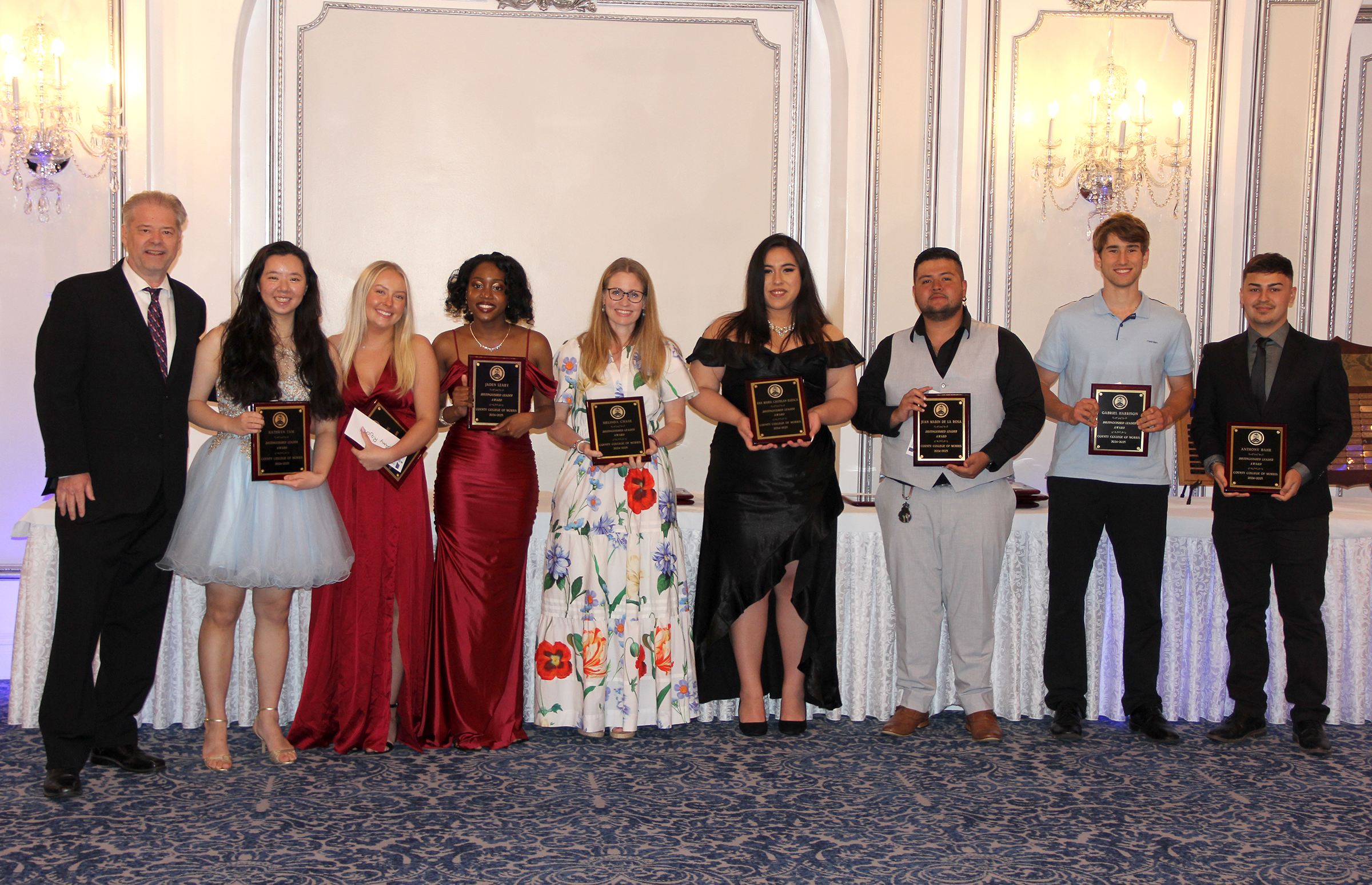What You Will Learn
If you are an aspiring performer who wants to excel in what is known as “the triple threat” – encompassing music, acting, and dance – the unique Associate of Arts (A.A.) in Musical Theater program at CCM is your ideal path. By pursuing this educational journey, you have the opportunity to develop a comprehensive skill set that includes not only honing your talents in singing, acting, and dancing, but also mastering the ability to read music and navigate auditions effectively.
The musical theater program offers specialized training that not only refines your artistic abilities but also equips you with the practical knowledge required to thrive in the highly competitive world of performing arts. Through rigorous instruction and hands-on experience, you’ll learn to embody characters authentically, interpret musical scores, move gracefully on stage, and captivate audiences with your multifaceted talents.
This degree not only nurtures your artistic passion but also provides you with the tools and confidence to pursue a fulfilling career in the dynamic realm of musical theater. Plus, this is a solid foundation to build upon at a four-year college or university in pursuit of a Bachelor of Music, Bachelor of Arts or a Bachelor of Fine Arts degree.
Curriculum
The Musical Theater program at CCM consists of 23 core credits, focusing on music theory, application in voice, chamber choir, musical theater auditions, dance for musical theater and piano. Additionally, you are required to participate in four musicals – two plays, a cabaret, and primary vocal lessons – all held on campus in the state-of-the-art Music Technology Center and Dragonetti Auditorium.
An Associate of Arts degree in Musical Theater is a perfect starting point for theatrical careers as an:
- Actor
- Director
- Performer
- Playwright
- Producer
- Theater Designer
- Theater Management
The CCM program has formal transfer agreements with:
- Montclair State University
- Rider University
The program also has an informal agreement with:
- The College of New Jersey
- William Paterson
University Internship opportunities exist with:
- Bickford Theatre, Morristown
- Brundage Playhouse, Randolph
- Mayo Center for Performing Arts, Morristown
- Playwrights Horizons, NY
- The Growing Stage, Netcong
Why Study Musical Theater at CCM?
- All faculty in this program have advanced degrees and expertise in the areas of voice, theatre and dance, as well as professional performances and production.
- A platitude of performance experiences and opportunities not offered in associate degree programs at other performing arts institutions.
- Take classes in the state-of-the-art, newly constructed Music Technology Center and Dragonetti Auditorium. With over a dozen private, soundproof rooms for lessons and rehearsals, classroom spaces, the Black Box Theater, two cutting-edge recording and audio production studios, and an electronic music lab and a piano lab, each with Steinways and Yamaha keyboards, the opportunities are limitless at CCM!
Paying for Your Music Education
Earning an associate degree in musical theater is a powerful investment that will pay off over the course of your life, in both increased earnings and job satisfaction. But what is the upfront cost, and how do you afford it?
There’s good news: Money is available to help you pay for school! Our Financial Aid staff can provide lots of information about the process of finding funds to help pay for your education.
Featured Courses
American Music
A survey of American Roots music from the 19th century to the present. Early Anglo and African influences are presented followed by 20th century folk, gospel, Hispanic, various styles of country, bluegrass and related acoustic music, various styles of blues and jazz, Cajun and zydeco, early R&B, soul and the beginnings of rock and roll.
World Music and Culture
A survey of world folk music including material from Asia, the Middle East, Africa, Europe, North and South America. Lectures and discussions are illustrated by recordings, DVDs and online resources. Students may be invited to contribute course subject matter by bringing personally favored music to be studied.
Cabaret Music Theatre
This course in cabaret theatre considers the revue-type of theatrical production which has been popularized in productions in New York, Chicago, Los Angeles and on many college campuses throughout the country. A cabaret musical revue is the final project.
Resources
Your Musical Theatre Faculty Advisor
Department Chairperson, Professor




